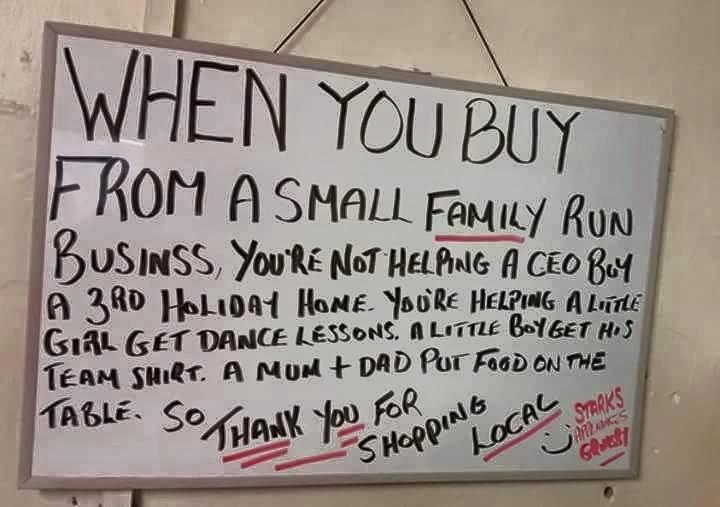This is an interesting question, and seems to be coming from the “old media” world of reporting. In fact, the most interesting dicussion for me was on the “Cranky Geeks” show, episode 121 where Natali Del Conte, Senior Editor of CNET TV’s “Loaded” argued quite strongly that bloggers need to have the same journalistic standards and ethics that “real” journalists have.
Done laughing yet?
Let’s set aside for a brief moment the apocryphal stories we have all heard, and seen in TV dramas, of reporters lying, cheating, and quite simply doing anything to get the story. The simple fact is blogs aren’t news reporters. They are many, many things.
Admittedly this idea gets lost on journalists, since many of their news-agencies are now hosting “blogs.” Just head on over to the Wall Street Journal and you will find, on the right hand side, a spot for blogs. (See graphic)
Go visit any other major newspaper (The Washington Post, Houston Chronicle, and others) and you will see the same thing–a commitment to being “relevant” with the tech world by hosting blogs on their websites. Does this mean blogging is “journalism”? So should all bloggers be “journalists?”
I think they all miss the boat by assuming that blogs are limited by what they want them to be. Journalists/reporters see blogs as reporting (and then are upset with they don’t meet their “standards.”) Others view a blog as a place where they can write about their own personal views on things from diapers, to politics, to religion. Still others find the blog as a nice way to share about their experiences and foibles in the work place, and these blogs will be as varied as the occupations and professions they hold. Still others use their blog to show videos, share, images, or host podcasts.
Really the only thing that we can say about blogs is that they enable one/a few/many to share what they want with any audience that chooses to visit. Generally, blogs are open to the general public to visit (a distinction I draw between blogs and online diary sites.) And usually, blogs have comment sections available for the visitor to share their views, creating a multi-way conversation. It is this opportunity for conversation that separates blogs from so many other “one way” forms of communication.
Blogging allows us to engage in conversation with a wide range of people from diverse views, locations, and professions. We should welcome the opportunity to expose ourselves to so many views, rather than insist that bloggers meet one view of “reporting”, or limit comments to only those that agree with our views.
Tip of the hat to Jessica DaSliva. (on Twitter as @jdasliva) She unknowingly spurred my post by her honest blogging about the changes at the Tampa Tribune.



The problem with the whole “Is blogging journalism” non-debate is that it conflates a publishing mechanism with what someone does *with* that mechanism.
My answer to this question has always been “It depends. Is the blogger operating journalistically, or using his or her blog for something else, such as self-expression, public diary, etc?”
I then often follow with: “If I owned a printing press, does that make me a journalist?”
Here’s an interview in which Dan Gillmor speaks intelligently about whether bloggers are journalists:
http://blip.tv/file/1041166
“Some are. Most aren’t.”
There are many bloggers who are amazing journalists. We’re showcasing the best of them over at BeatBlogging.Org.
Read some of my latest posts and listen to some of my latest interviews, and then come back and laugh about blogging.
It’s just a publishing platform. Nothing more. Nothing less.
My original post doesn’t make sense for this post. I was a bit fired up from the Jessica DaSilva mess, and I misread yours a bit.,
So, here is my new one. The funny thing is that most “real” journalists as you mention don’t have standards or ethics either (well we pretend to). Let’s not forget all the scandals they have rocked mainstream media lately. Or how bloggers helped uncover some journalism scandals (Dan Rather anyone?)
It doesn’t make sense to consider all bloggers journalists, is that many have no intention of being journalists. The original “Web logs” where just that — online journals of people’s lives. The vast majority of bloggers have no intention of ever being journalists.
But blogging is just a publishing platform. At beatblogging.org you’ll find many examples of real journalists using blogging to cover their beats better (and other online, social networking tools).
Asking if blogging is journalism is like asking if desktop publishing is journalism. The answer is sometimes.